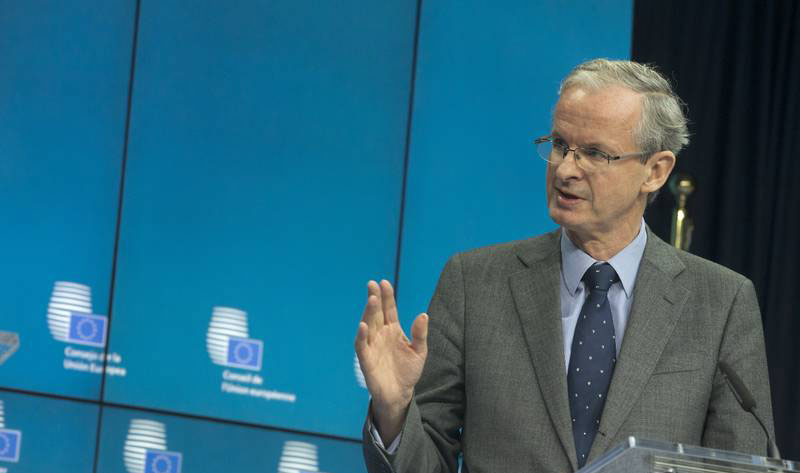“Fears that political reasons would prevail in evaluating Serbia’s results on the EU path are unjustified. The European Union is firmly committed to Serbia’s EU path, there is no doubt about it,” the Director General of the DG NEAR of the European Commission Christian Danielsson told Politika daily in an interview ahead of the discussions with Serbian officials about the process of Serbia’s European integration.
Danielsson, who is paying a two-day visit to Serbia, recalled that six chapters were opened and one was closed, adding work is advancing on other chapters at a steady pace, Politika reads.
“There is a good perspective that several of them will be opened in 2017, including at the Intergovernmental conference planned for 27 February,” said Danielsson.
He said that the accession process was not only about technicalities. “It is about reforming the country for the benefit of its citizens and contributing to regional cooperation, peace and stability. It is about preparing a better future for Serbia,” he underlined.
To the question of whether the opening of chapter 26 was a sure thing, as it seems to be perceived in Serbia, and what is the Commission’s position on opening of chapters 20 and 29, for which Serbian authorities claim they are ready to open, Danielsson said that “EU Member States have given their green light to the opening and provisional closure of Chapter 26 on education and culture. The Commission has done its part of the work and submitted to the Council the documents we call Draft Common Positions for both Chapter 20 -Enterprise and industrial policy, and 29 – Customs union. It is now up to Member States to decide whether and when these chapters will be opened.”
Danielsson notes that “it usually takes a few weeks and sometimes months and to have both chapters 20 and 29 ready to be opened. It is a challenge as the technical discussion only started in second half of January. And it is normal that it might take some time. These are serious decisions. For instance, upon Serbia’s accession, the country’s external borders will be those of the EU. You will understand therefore the reasons why Member States wish to look carefully into these issues,” Danielsson explained.
He said that political reasons would not prevail over reform in the accession process. “Let me be direct: such fears are unjustified. I mentioned that Serbia’s future is with the EU. There is no plan B,” Daneilsson said.
Serbia needs to pay particular attention on the rule of law reforms. “They are so fundamental that Member States expect to see steady progress all along the way; we cannot and should not leave the work for the end of the process. In the same vein, Serbia needs to achieve steady progress on the normalisation of its relations with Kosovo. This is also very important: recent developments have not been conducive to helping in this direction. Last but not least, Serbia needs to work on regional cooperation, peace and stability.”
Danielsson said that several important topics were under discussion in the dialogue, including the establishment of the Association/Community of Serbia Municipalities, adding that several important agreements have already been reached on this issue and that “Kosovo needs to give a mandate to the management team which was appointed in June 2016 to start drafting the statute of this Association/Community.”
Asked whether Kosovo could submit an application for candidate status for EU membership, as claimed by Kosovo Foreign Minister Enver Hoxhaj, having in mind that there are several EU Member States that have not recognized Kosovo, Danielsson said that the Stabilisation and Association Agreement (SAA) between the EU and Kosovo entered into force in 2016 “as the first comprehensive framework for closer political dialogue and economic relations. Therefore, Kosovo’s first priority now is to implement the SAA, guided by the European Reform Agenda, in order to further strengthen its rule of law and reform its economy,” Christian Danielsson said in an interview with Politika Daily.




